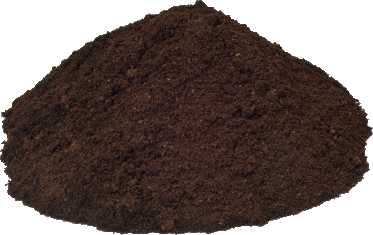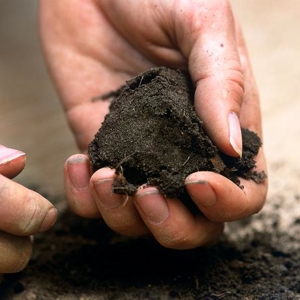Types of Topsoil
 There are many different types of topsoil throughout the world, top soil type can vary dramatically over a just a small distance, so your topsoil may be quite different to the soil on the other side of your village or even road.
There are many different types of topsoil throughout the world, top soil type can vary dramatically over a just a small distance, so your topsoil may be quite different to the soil on the other side of your village or even road.
The main things that effect the type of soil in an area are the bedrock beneth your garden and the history of the site. Many soils have been moved arround the country hundreds of years ago, not by man but by glacial action. The ice sheets and rivers of the glacial age moved, mixed and deposited topsoils all over the place!
Soil Structure
Although there are many different soils, they can usually be classified into three structure types:
[widgetkit id=10]
These three types are usually found in different ratios in most soils.
 The gardeners favorite mix is a sandy loam, usually made up of roughly 40% silt, 40% sand and 20% clay, this produces a fertile soil that will hold nutrients and moisture arround a plants roots but will not water log nor will it drain too quickly or allow leaching of nutrients.
The gardeners favorite mix is a sandy loam, usually made up of roughly 40% silt, 40% sand and 20% clay, this produces a fertile soil that will hold nutrients and moisture arround a plants roots but will not water log nor will it drain too quickly or allow leaching of nutrients.
Clay soils are fertile but are very prone to water logging,
Sandy soils can be low in nutrients due to the free draining nature of the structure, allowing nutrients to be washed out or leached.
Soil Acidity
Topsoil also varies in pH, this is again due to the mineral makeup of your soil. It is important to have an idea of the acidity of your topsoil as certain plants do better in different pH conditions. For example rhododendrons prefer acidic soils and lavender prefers an alkaline soil (chalky soils are alkaline).
Buying Topsoil
When buying topsoil for your garden it is best to try and buy a good quality topsoil that is fit for the purpose you require it for. From a gardening point of view it is hard to go wrong with a good sandy loam topsoil, even with added humus in the form of a soil improver, see our range of quality garden soil types here.
If you are buying topsoil in bulk make sure that you know the source of the soil or at least the type of soil you are buying and keep away from reclaimed soils from recycled skip waste.
